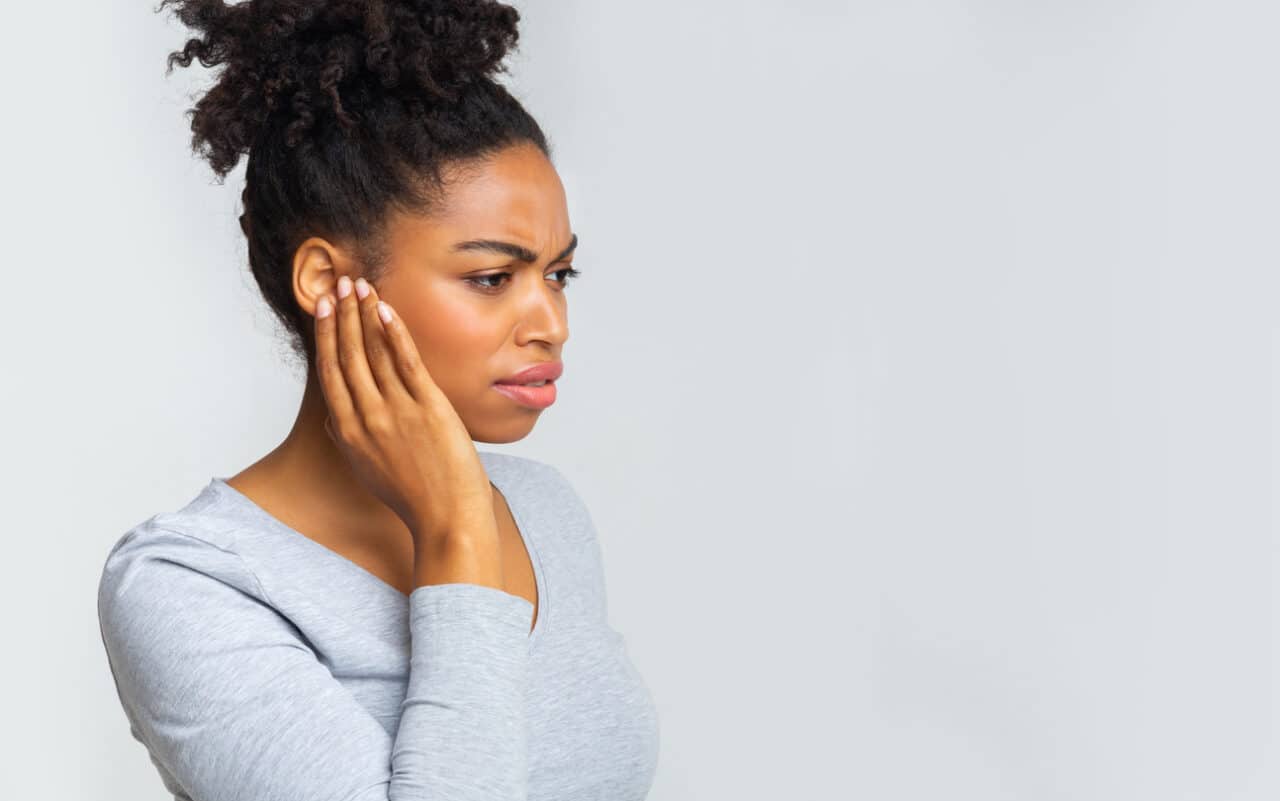While age and noise exposure are the most common culprits behind hearing loss, certain infections can also affect your hearing, sometimes temporarily, and in other cases, permanently.
Here are a few infections that Atlanta families should be aware of when it comes to protecting their ears:
Swimmer’s Ear (Otitis Externa)

In Atlanta’s hot and humid climate, it’s no surprise that many locals head to Candler Park Pool, or splash pads to cool off. But frequent swimming without drying your ears can put you at risk for swimmer’s ear, a bacterial infection of the outer ear canal.
Swimmer’s ear happens when water stays trapped in the ear after swimming, creating a moist environment where bacteria thrive. While typically mild, untreated cases can spread and affect the middle or inner ear, potentially leading to hearing loss.
Look out for signs like:
- Itching or pain in the ear canal
- Swelling or drainage
- Trouble hearing out of the affected ear
Prevention tips:
- Dry your ears thoroughly after swimming or bathing
- Avoid inserting cotton swabs or other objects into the ear
Meningitis
Meningitis is a serious infection that causes inflammation of the membranes surrounding the brain and spinal cord. In cases of bacterial meningitis, the auditory nerve or inner ear can become damaged leading to sudden and often permanent hearing loss.
In fact, between 5% and 35% of meningitis patients experience some form of hearing loss as a result.
When caught early, your healthcare provider can monitor hearing function and recommend treatment options like hearing aids or cochlear implants if necessary.
Measles and Mumps
Though less common today, measles and mumps still pose a risk particularly in communities with lower vaccination rates. Both viral illnesses are linked to hearing loss.
Here’s how they impact hearing:
- Measles can cause ear infections and inner ear inflammation that may damage hearing.
- Mumps has been associated with sudden, permanent hearing loss in one ear in rare cases.
Measles can also lead to encephalitis, a swelling of the brain that may impact the auditory nerve.
Other Infections That Can Affect Hearing
Other additional illnesses have also been linked to hearing loss. These include:
- Zika virus
- COVID-19
- Rubella
- Cytomegalovirus (CMV)
- Syphilis
- Herpes simplex virus
- Pneumococcal disease
These infections may cause inflammation, nerve damage or direct harm to inner ear tissues, which can disrupt hearing.
Take Control of Your Hearing Health
If you or someone in your family has been diagnosed with any of the above infections, it’s wise to include hearing checks as part of your recovery plan. Early detection of hearing changes can lead to better outcomes.
You can stay proactive by:
- Monitoring symptoms during and after infections
- Scheduling regular hearing tests
- Following up with a specialist if hearing changes occur
If you want to schedule a hearing exam or learn more about hearing loss prevention, contact Advanced Hearing today. We’re here to help keep your ears in top shape.


